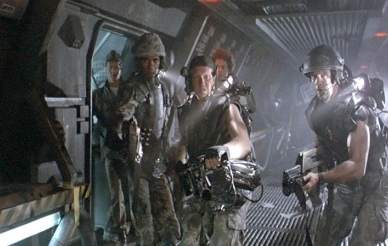A prominent scientist who decoded the human genome has hypothesized that recruiting genetically enhanced astronauts could help boost NASA’s manned spaceflight program into warp speed.
“I think this [may potentially] change the shape of what NASA does, if you make the commitment to do it,” J. Craig Venter opined during an event at Ames Research Center in a statement quoted by Space.com.
According to Venter, such genetic engineering is likely to help astronauts handle the potentially dangerous “rigors” of spaceflight and colonization of distant planets.

For example, the microbe Deinococcus radiodurans is capable of surviving radiation doses 7,000 times higher than those that would kill a human.
“[So], if scientists can figure out how to incorporate such super-charged DNA repair genes into the human genome, astronauts won’t have to worry so much about the damaging cosmic rays hurtling through space,” he said.
Venter added that other genomics efforts could focus on the creation or tailoring of microbes to maximize the production of food, water and renewable fuel.
“[Yes], we’re just in the early stages. [But] we’re [already] trying to apply these tools in a wide variety of areas. [Still], I can’t think of an organization that could benefit from synthetic genomics more than NASA.”






